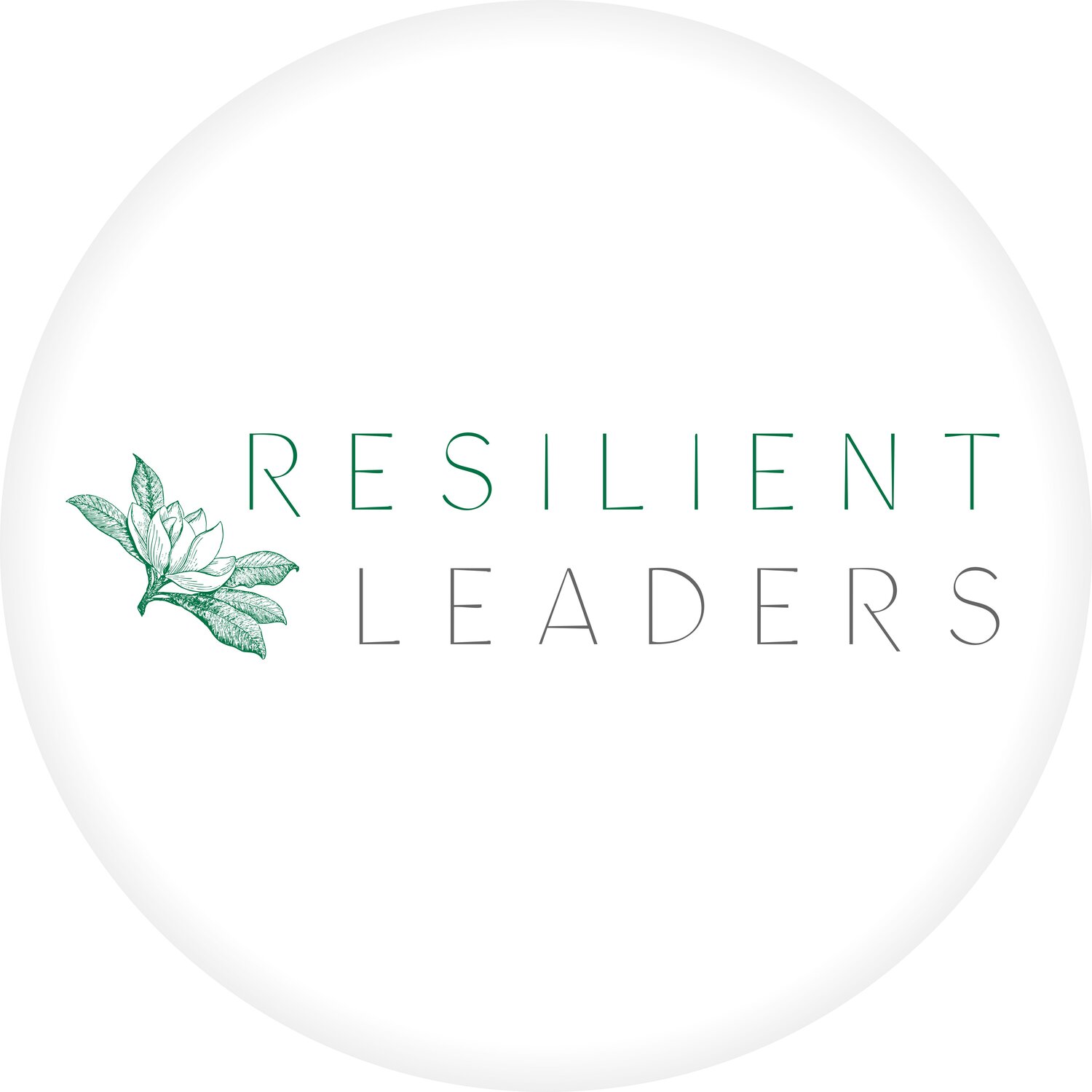The Importance of Rest and Resetting After Being Resilient During a Time of Change: 5 Tips
Change is inevitable, and it often requires us to be resilient to adapt and move forward. Whether it's a significant life event or a global crisis, resilience is essential for navigating uncertainty and coming out stronger on the other side. However, while resilience is necessary, it's equally crucial to prioritize rest and reset to maintain our physical and mental well-being. Here are five tips for prioritizing rest and resetting after being resilient during a time of change:
Robyn L. Gobin, Ph.D. is a licensed clinical psychologist, educator, speaker, and mindfulness teacher who is passionate about helping women worldwide prioritize their mental health and make self-care a reality. Propelled by her values of faith and making a difference, Robyn is an impact maker and servant leader who aspires to bring out the best in everyone she comes in contact with.
Within the mental health field, Robyn specializes in helping women from diverse cultural backgrounds heal from sexual trauma and abuse. Her research has been published widely and generously funded by organizations such as the American Psychological Association and the International Society for the Study of Trauma and Dissociation. She’s been featured in numerous publications and media outlets such as the Black Women’s Health Imperative, CiLiving, Oregon Daily Emerald, the Daily Illini, Trauma Psychology News, and the American Psychological Association Monitor.
A highly sought-after speaker, Robyn is transparent, relatable, and compassionate. She enjoys helping women create the change they want by reconnecting them to what matters most and helping them slow down and make intentional choices. Off the clock, you can find Robyn reading an inspiring non-fiction book, hunting for a fashion bargain, or cozying up for movie night with her amazing husband and foodie-partner, Korey, and their fur baby, Justice. You can connect with Robyn at www.robyngobin.com.
Practice self-care: Self-care is essential for rest and resetting. This can mean anything from taking a relaxing bath to practicing mindfulness meditation. One excellent resource for self-care practices is "The Self-Care Prescription" by Robyn Gobin, a book that offers a comprehensive guide to self-care.
Prioritize sleep: Sleep is crucial for physical and mental health, yet many prioritize other things over getting enough rest. Make sure to prioritize sleep by creating a relaxing bedtime routine and a regular sleep schedule.
Get outside: Spending time in nature is a great way to reset and recharge. Whether hiking in the woods or the park, spending time outdoors can help reduce stress and improve mood.
Connect with others: Social connections are essential for resilience and well-being but also crucial for rest and reset. Spending time with loved ones or joining a community group can provide a sense of belonging and support.
Learn something new: Learning something new can be a great way to reset and reinvigorate. Whether taking a class, reading a book, or watching a TED Talk, learning something new can help stimulate the mind and provide a sense of accomplishment.
One TED Talk that can inspire you to prioritize rest and reset is "The Power of Rest" by Alex Soojung-Kim Pang. In this talk, Pang argues that rest is not a luxury but a necessity for productivity and well-being. By prioritizing rest and resetting after being resilient during a change, we can maintain our physical and mental health and be better equipped to face future challenges.


